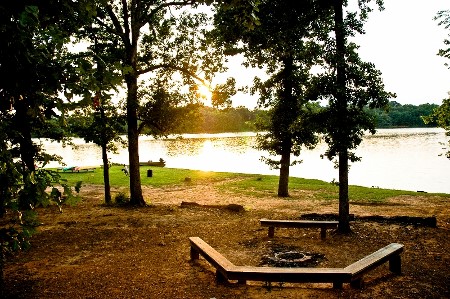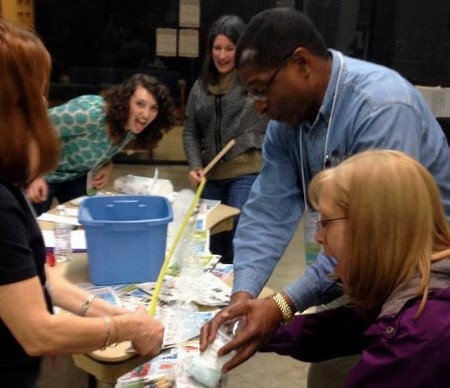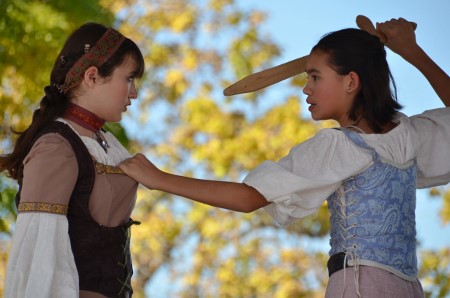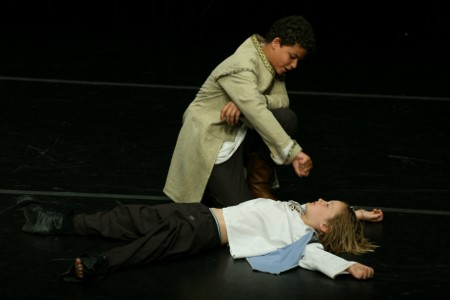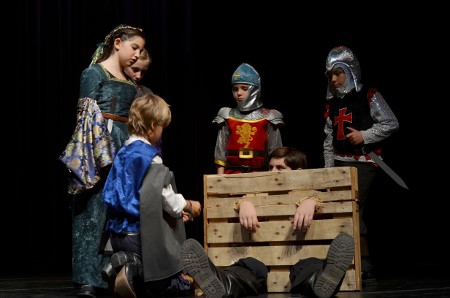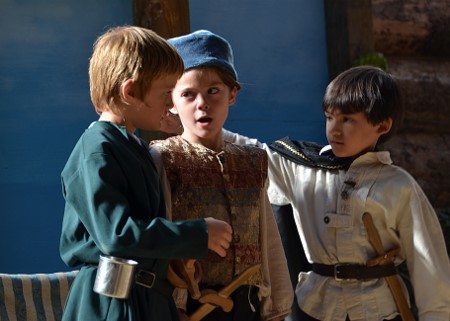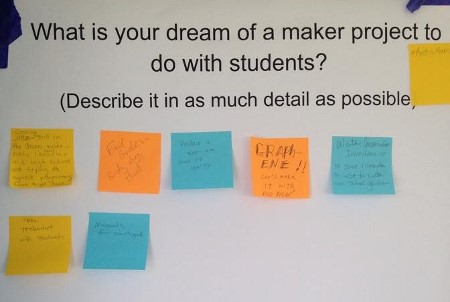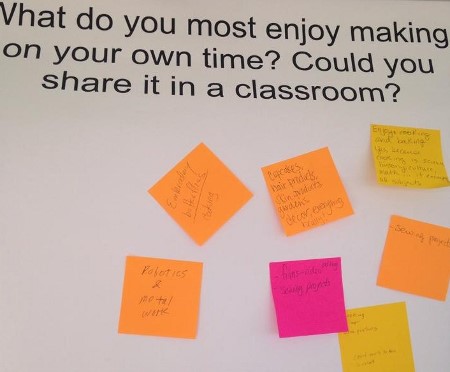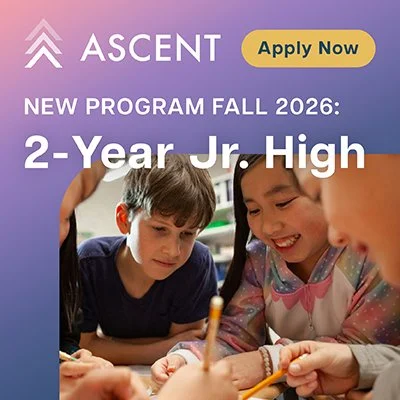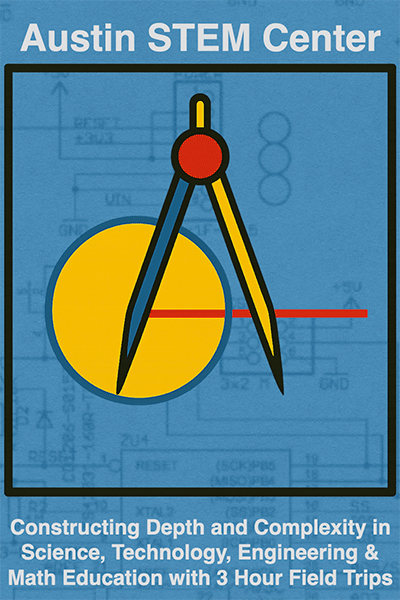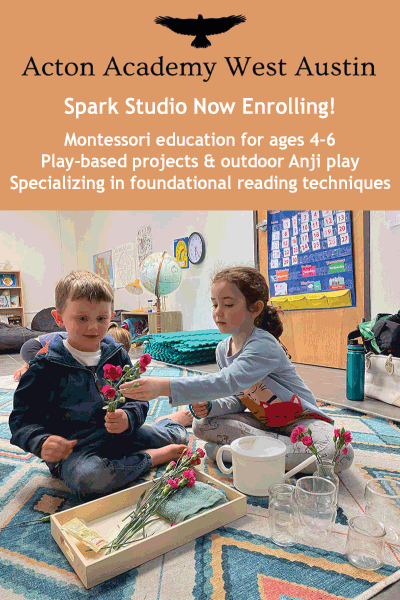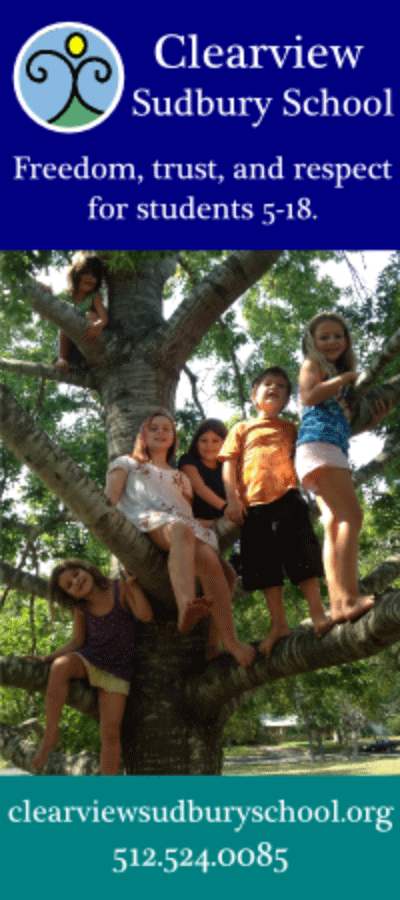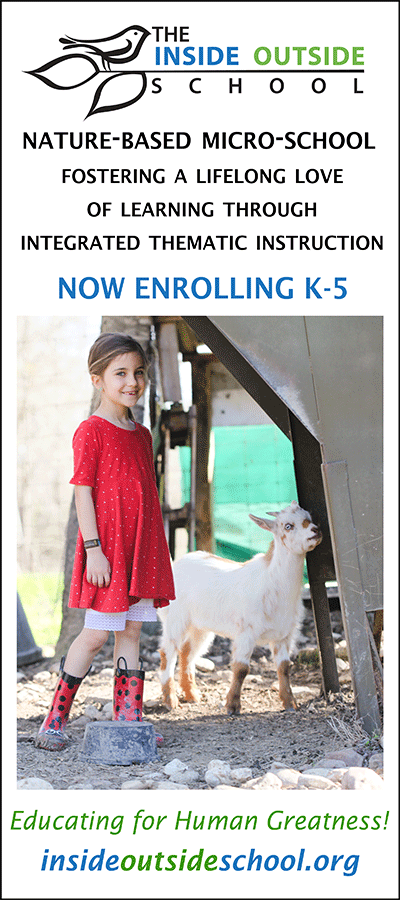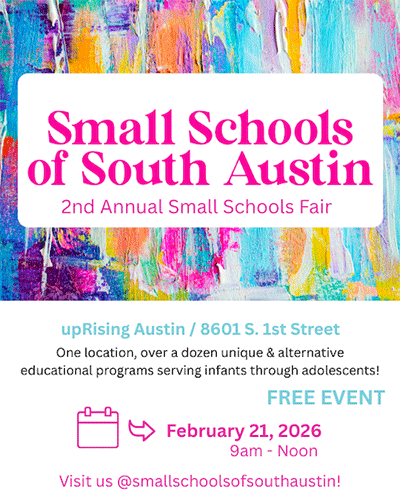The Six Seasons: Empowering kids to deal with climate change
/That environmentalists need the goodwill of children would seem self-evident—but more often
than not, children are viewed as props or extraneous to the serious adult work of saving the world.—Richard Louv, Last Child in the Woods
I recently attended a preview performance of The Six Seasons, a uniquely beautiful and moving play about climate change. Glass Half Full Theatre adapted its original award-winning show aimed at adult audiences into this brilliant production for ages seven and up. Using tiny puppets, ingenious sets made of recycled materials, gorgeous music from around the world, and simple language that made complex socio-ecological processes come to life, these artist-environmentalists earned the goodwill of the children watching with me.
Presented on ZACH Theatre’s Kleberg Stage, the story depicts people and ecosystems all over the planet coping with the very real effects of climate change: polar bears stranded by melting Arctic ice, families in Texas and Malawi forced to leave their farms because of severe drought, villages and entire islands disappearing in the Sunderbans of India and Bangladesh as sea levels rise and uproot mangroves no longer able to hold coastlines together. Heavy stuff for children, right?
Concerned parents and educators struggle to find the right tone, the right images, the right amount of detail when talking to kids about the climate crisis. Most experts agree that kids can handle scary truths, presented in age-appropriate terms, as long as they’re also given the chance to do something with that information. As Alfie Kohn, best known as a crusader for more humane education, writes in his book Unconditional Parenting, “Empowered kids are in the best position to deal constructively with disempowering circumstances.”
Zach Scott education director Nat Miller and his team are working hard to make sure that the young (and older) people who see The Six Seasons feel empowered. Immediately following both family shows and special performances for school groups, they lead “talkback” sessions to draw out questions and concerns. They’ve also created a free study guide that parents and educators can use to help kids delve deeper into the geographic, historical, social, economic, and ecological issues the play addresses.
Most importantly, the talkbacks include suggestions for specific actions that young people can take to address the causes and effects of climate change. Some of these suggestions came out of a post-performance discussion I participated in along with other invited audience members representing local environmental organizations, including Austin Citizens Climate Lobby, Environment Texas, Keep Austin Beautiful, and TreeFolks. Miller and Caroline Reck, the play’s director, writer, and puppet designer, asked these leaders important questions and listened carefully to their input on the kinds of direct action that are most effective.
Also in the audience were students and teachers from the Austin Ecoschool. This was an especially appropriate group to preview the play, as EcoSchool kids are accustomed to learning in the company of very small puppet-like figures they call “peeps” every Thursday in their ongoing role-playing curriculum called Game of Village. During their talkback, the students were engaged and forthcoming. Clearly, they not only enjoyed the play (especially the polar bears, which the kids mentioned repeatedly) but also really got it. Some remarked that parts of the story were sad. And indeed they were.
But the play’s later scenes are more hopeful, imagining futures in which people come together creatively to build more resilient communities and where concrete cities become revegetated. Finally, the puppeteers circle back to the beloved polar bears we met in the first scene, reminding us that their habitat remains precarious and precious.
Grab a kid, or a bunch of them, and head over to see The Six Seasons while you can. Tickets are available for Saturday family shows through January 31 and weekday school group performances through February 13. And let’s keep the conversations about climate change going—with our kids and with each other.
Teri







